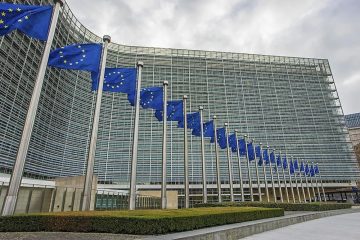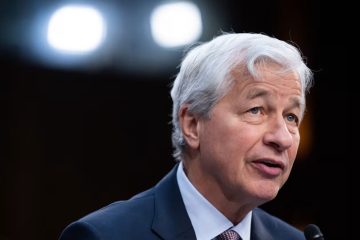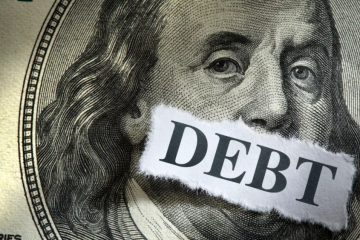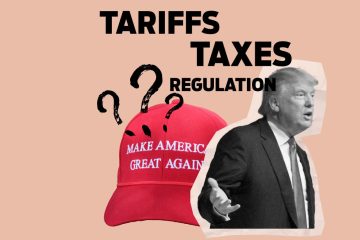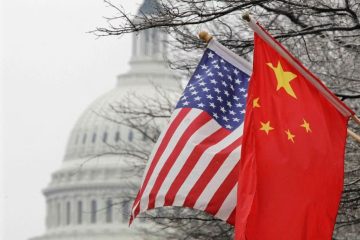Here’s Why the Federal Reserve Is Worried About Donald Trump
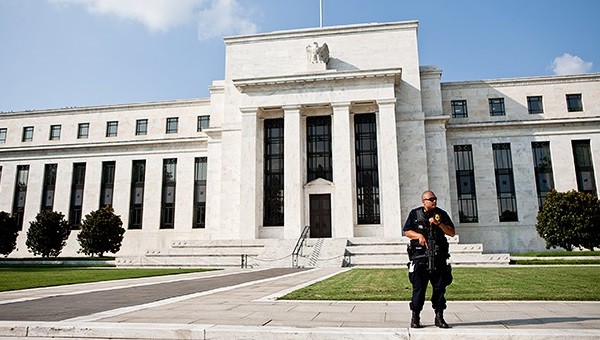
Donald Trump isn’t president yet. But he’s already having an influence on the Federal Reserve, and it’s not a reassuring one.
At their December meeting, Trump’s presidential win led members of the Fed to predict that interest rates would rise higher and more quickly than expected, in 2017 and beyond. That prediction cooled the stock market and put the brakes on the “Trump Bump,” the rise in the stock market since the election, which has essentially stalled since mid-December.
The Fed said in its minutes, which were released Wednesday, that its anticipated path of interest rates rose significantly following Trump’s presidential win. And Fed economists said that investors seemed to be expecting the same. “Most of the steepening of the expected policy path occurred following the U.S. elections,” the Fed staffers wrote in the notes that accompanied last month’s meeting.
Yes, Fed members seemed convinced that Trump would push through some stimulus measures and that the economy would grow faster under Trump. But they also said Trump’s policies increase the risk of higher inflation, and that if so, that would likely cause them to move faster in raising interest rates. The Fed’s official statement said that the Fed would continue to increase rates at a gradual pace, although the so-called dot-plot released after the meeting showed Fed members had upped their prediction to three rate increases in 2017, from a previous two.
The Fed minutes show that concern about Trump’s impact on inflation was particularly strong among Fed staff economists. A number of Fed governors seemed to agree, but the notes also show that some governors were concerned that Trump’s pronouncements about economic policy, during and after the campaign, had increased the climate of uncertainty, which could slow the economy. Uncertainty was one of the major factors cited by executives in explaining why the recovery under President Obama had been slower than expected.
If the Fed decides to raise interest rates faster than investors and business leaders currently expect, that could make Trump’s proposed stimulus efforts less effective, because higher interest rates tend to slow the economy. While Trump has been critical of the Fed, he has said that he would prefer interest rates to stay low for the time being.



